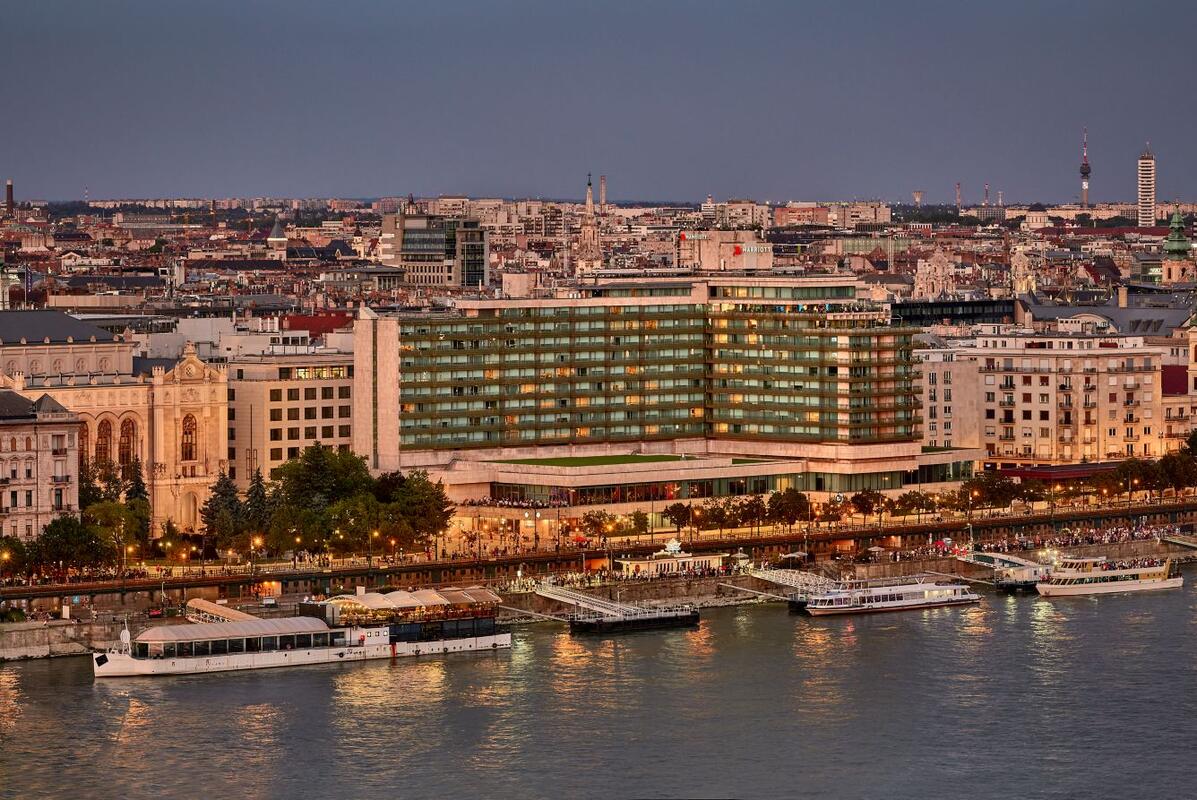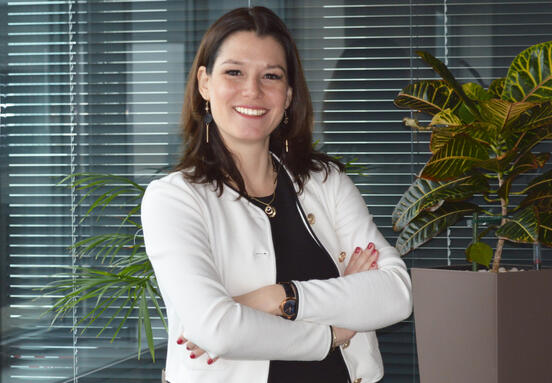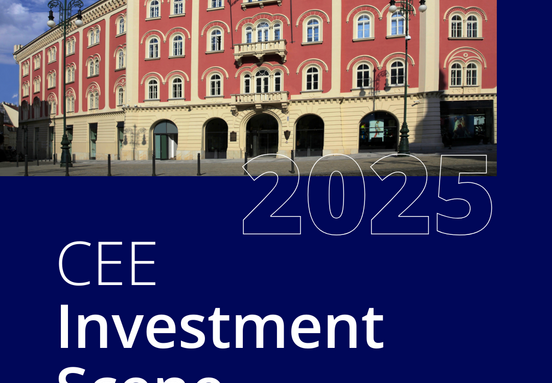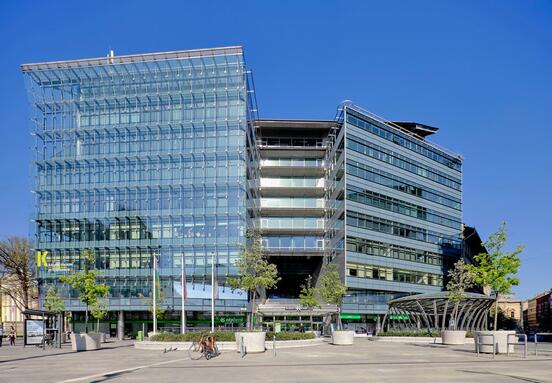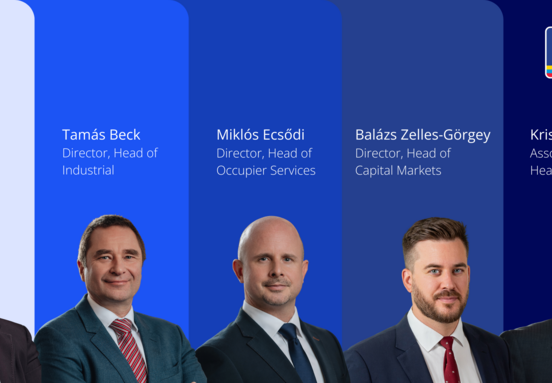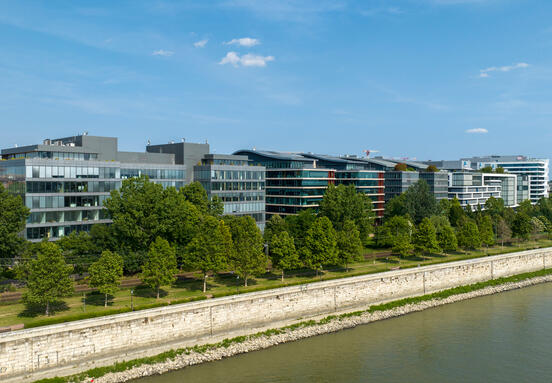Robust Operational Performance
Hungary’s hotel market has mirrored the broader regional recovery, with operational KPIs surpassing pre-pandemic benchmarks. “The number of overnight stays in commercial accommodations has already exceeded 2019 levels nationwide,” notes Horky, highlighting a strong rebound in demand. Budapest, in particular, has seen a remarkable surge in ADR, with figures up over 30% compared to 2019. “Despite inflationary pressures following the post-COVID energy crisis, this growth is a testament to the market’s strength. Demand is there to be captured.”
Quality and Brand Expansion Driving Value
One of the key drivers behind this performance is the enhanced quality of hotel stock. Budapest has welcomed a wave of international brands, especially in the upper-upscale and luxury segments. By late 2024, nearly 8% of the city’s room supply was classified as “luxury” – the highest among the CEE-6 capitals. These developments not only elevate the city’s hospitality offering but also attract higher-spending international guests.
International operators are clearly recognizing the market’s potential. “We estimate that around 90% of Budapest’s confirmed pipeline will be internationally branded, This reflects growing interest in management and franchise models from global players” commented Zoltan Szabo, Hospitality Consultant CEE & SEE. The trend is expanding beyond the capital, with notable openings such as the Mövenpick Resort at Lake Balaton, as well as the Hilton Garden Inn and Accor properties in Debrecen, showcasing the strategic value of secondary destinations.
Investor Sentiment and Transaction Activity
Investor interest in Hungarian hospitality assets is also on the rise. Transaction volumes across the CEE region are increasing year-on-year, signaling renewed confidence despite ongoing geopolitical uncertainties. “Local capital is becoming the dominant investor profile,” Geoff Hargreave of Cushman & Wakefield’s Capital Markets team in Budapest explains. “Western buyers remain active, though not as aggressive as local buyers when it comes to pricing.” Since 2020, nearly two-thirds of hotel transactions in Hungary have been funded by domestic capital.
Whilst Eurostars’ buy-back of two properties was illustrative of Budapest’s leadership in the national hotel investment landscape, the sale of the Marriott Budapest – Hungary’s largest single-asset transaction in any sector since 2020 - is emblematic of the sector’s growth. The transaction was facilitated by the Cushman & Wakefield team of Horky, Hargreave and Szabo. “It was a pleasure to support such a milestone deal,” says Horky. “It reflects the strength of client-advisor collaboration and the strategic appeal of the asset.”
The transaction was the latest demonstration of Cushman & Wakefield’s successful model, which combines the specialist expertise of their internationally focussed Hospitality team in Prague with the local know-how and “boots on the ground” of their Capital Markets team in Budapest. Other notable collaborations in recent years have included an acquisition and subsequent sale and leaseback for B&B hotels, the disposal of the Iberostar Grand Hotel, the Hold utca 16 redevelopment and setting up the joint venture for the Seven Pearl development on Dohány utca.
Outlook: Yield Compression and Market Liquidity
Looking ahead, the combination of strong operational results, improving financing conditions, and sustained investor interest may contribute to moderate yield compression – a positive indicator of increasing market liquidity. The financing environment in CEE is even better now than it was in 2019, with local banks trying to gain market share and getting increasingly competitive. “This trend bodes well for future transactions and signals a healthy investment environment for years to come,” concludes Horky.
Cushman & Wakefield
